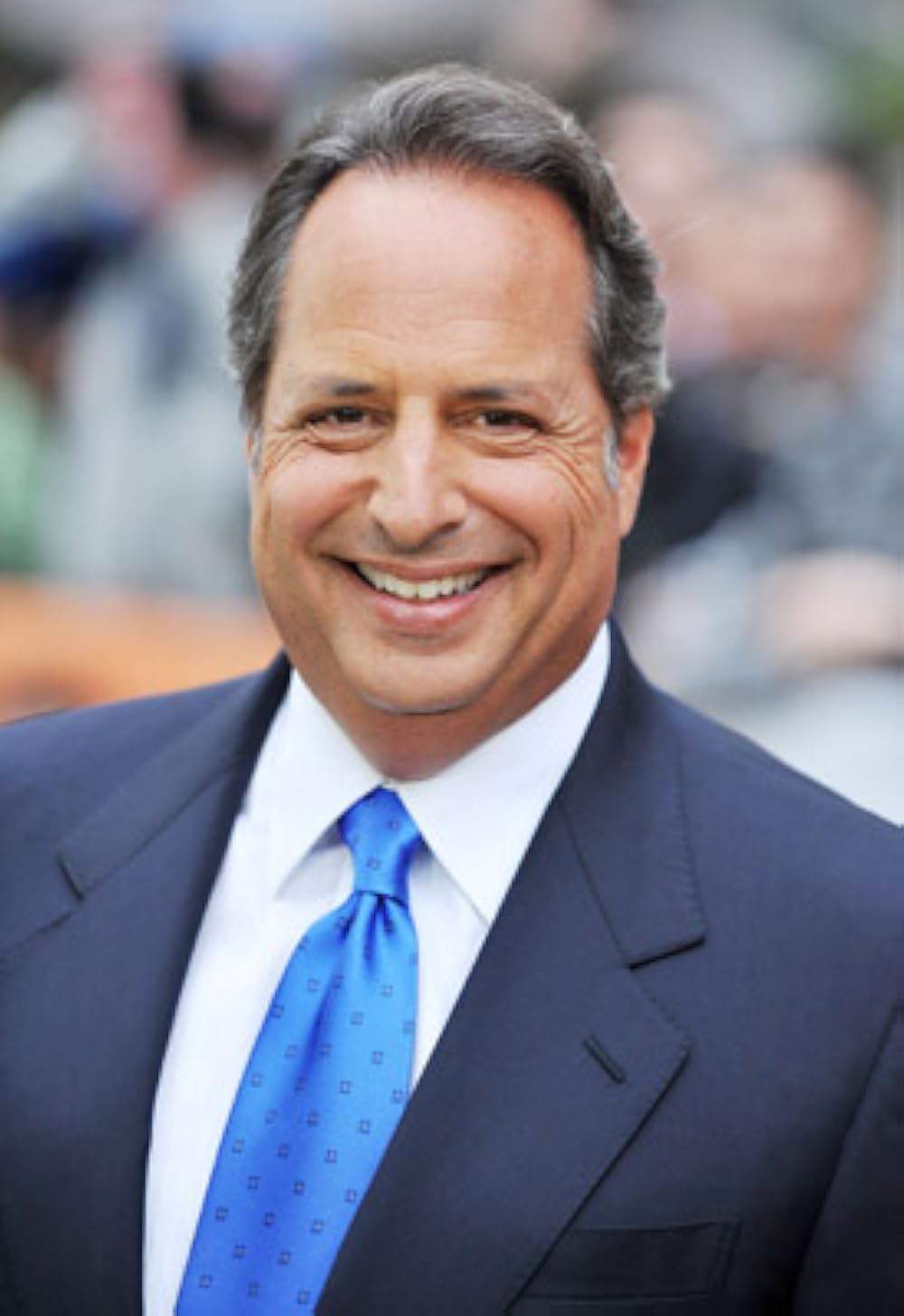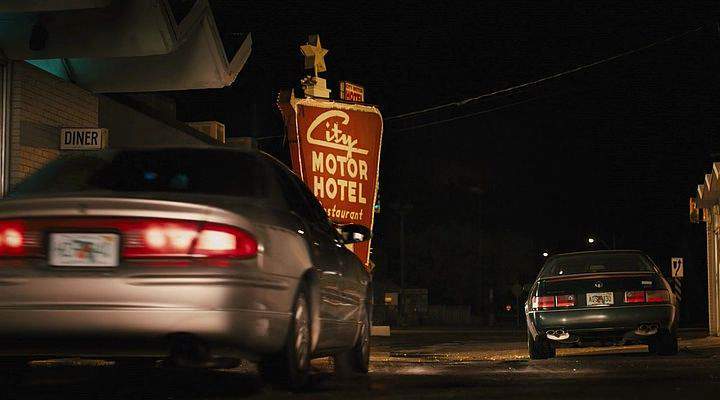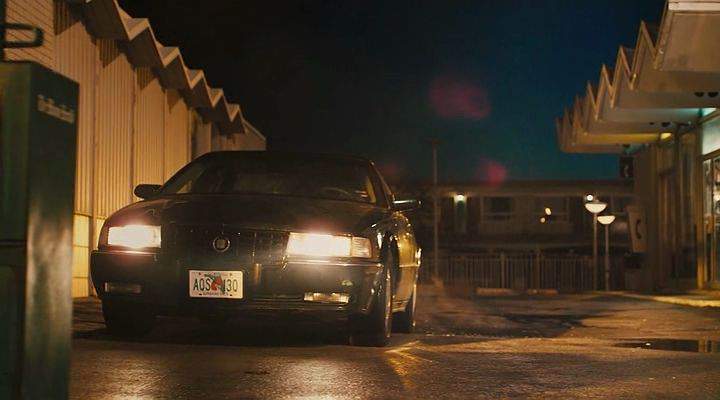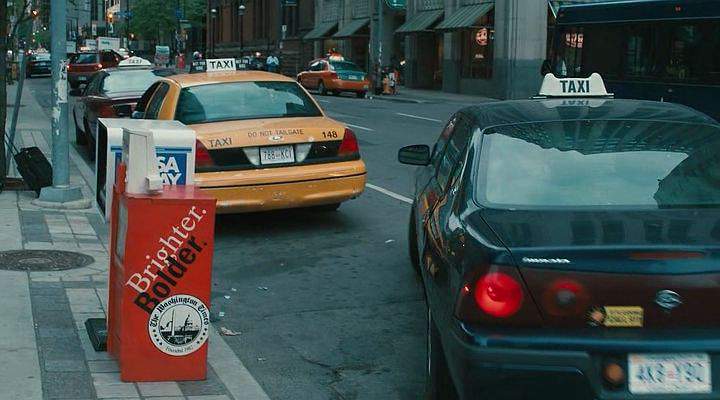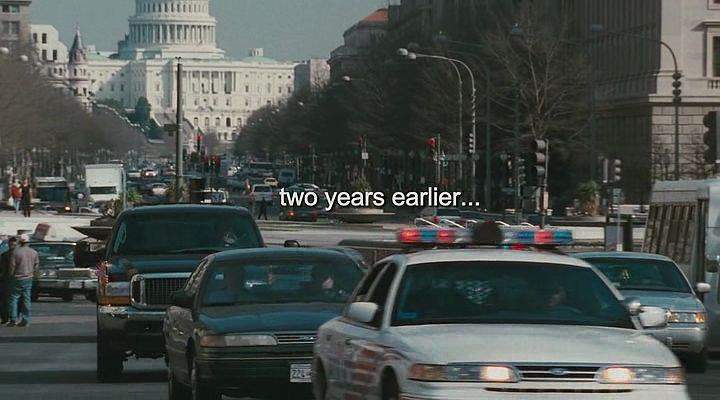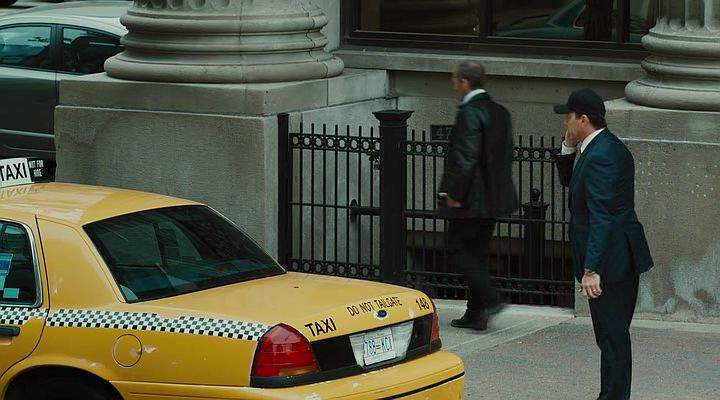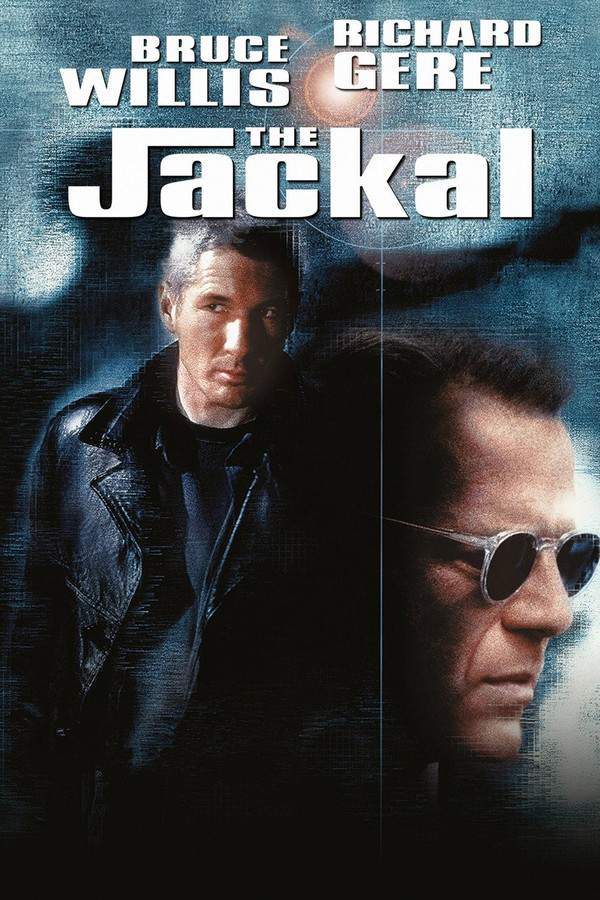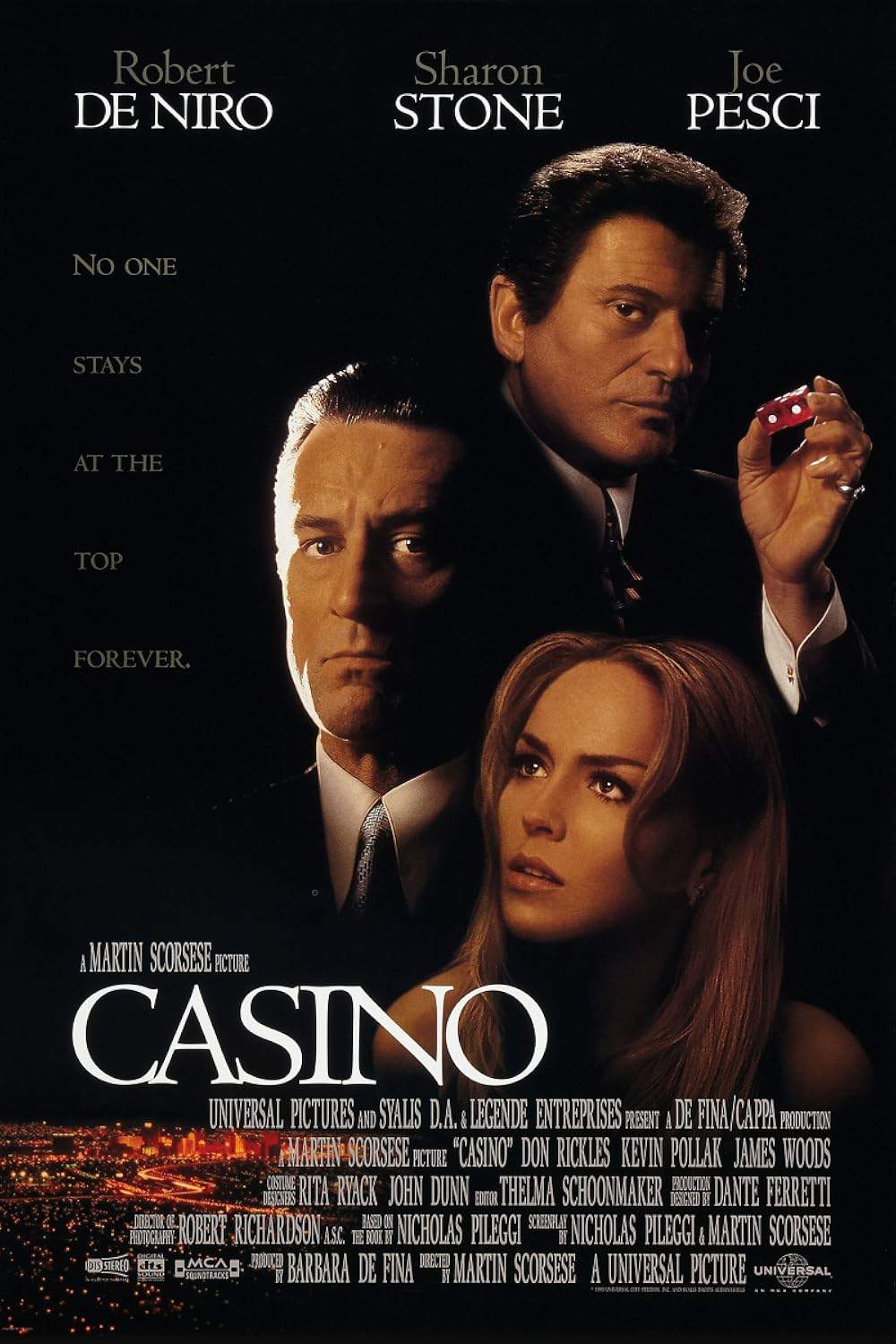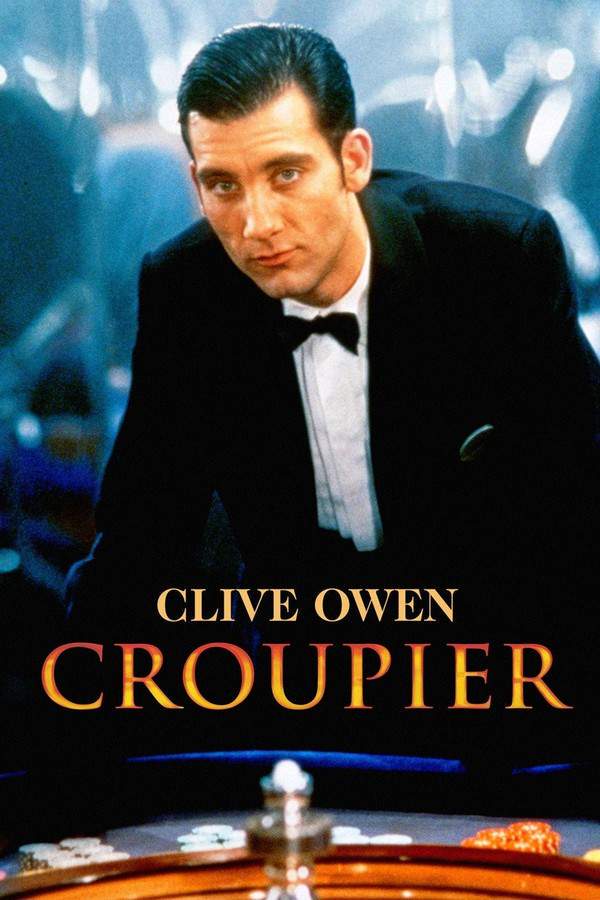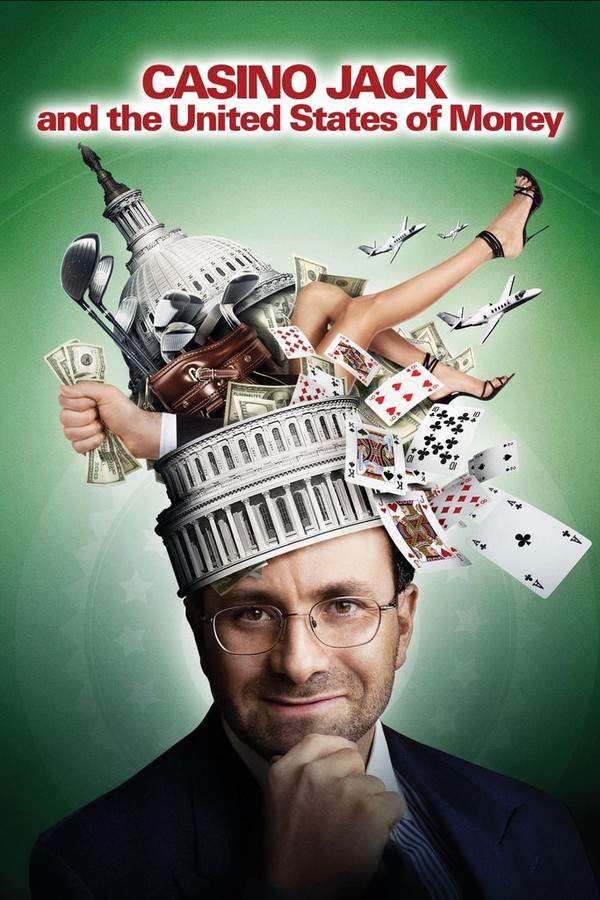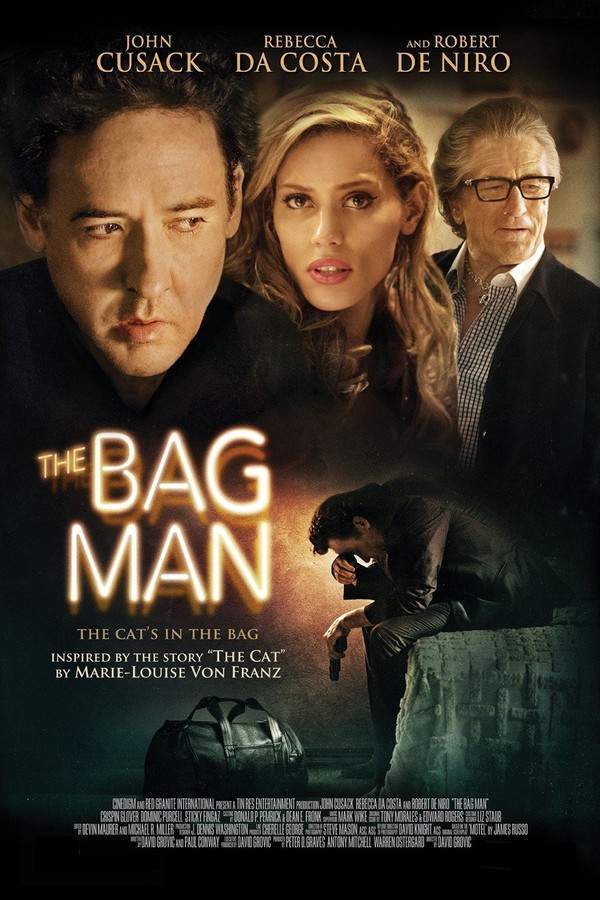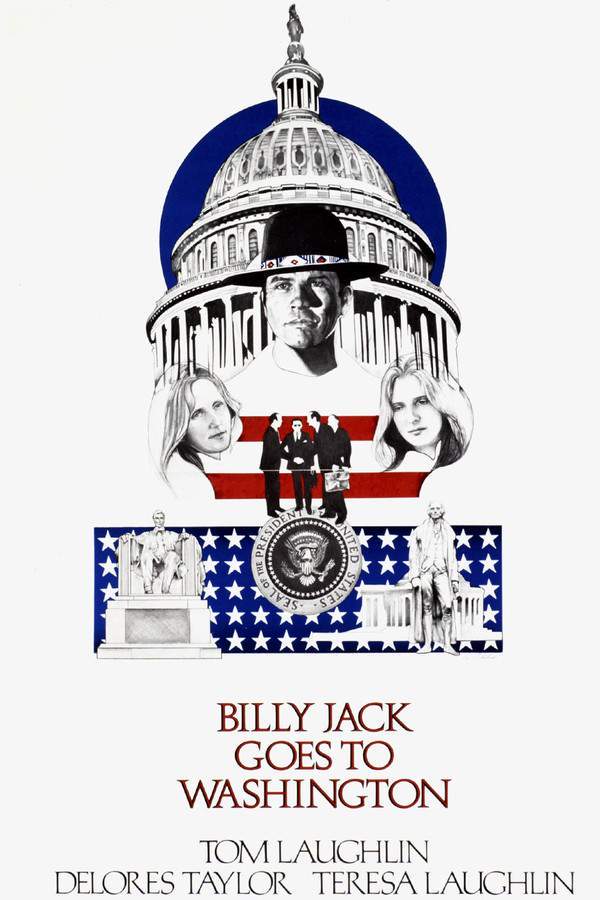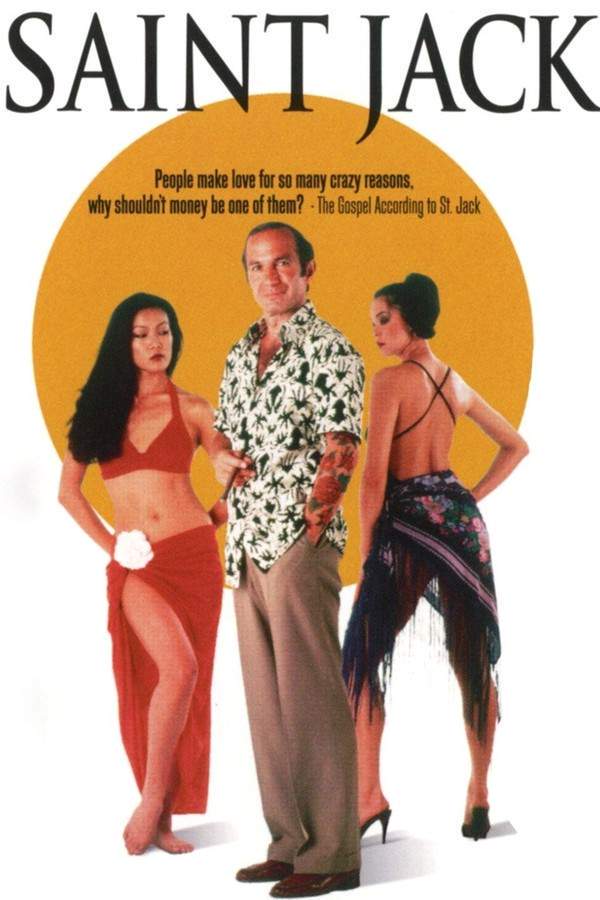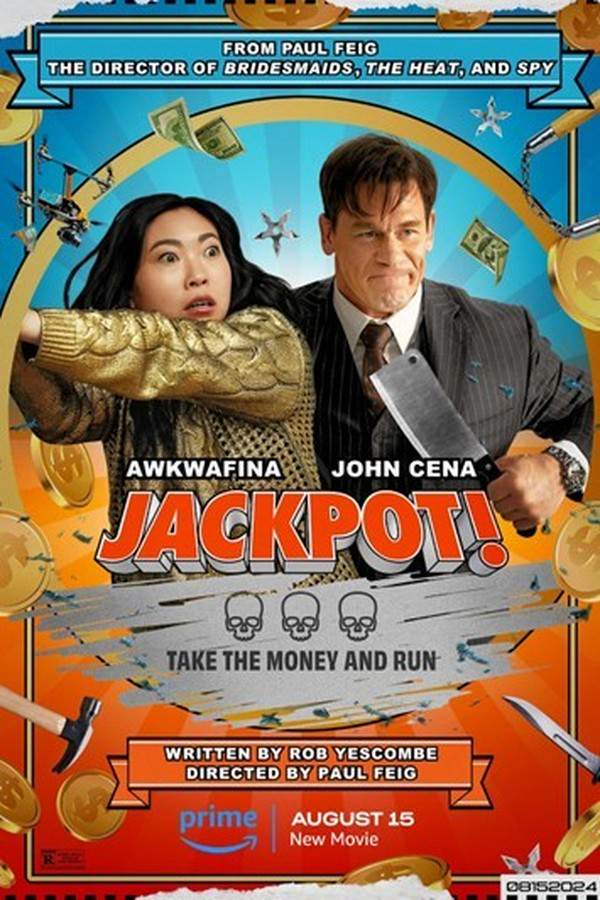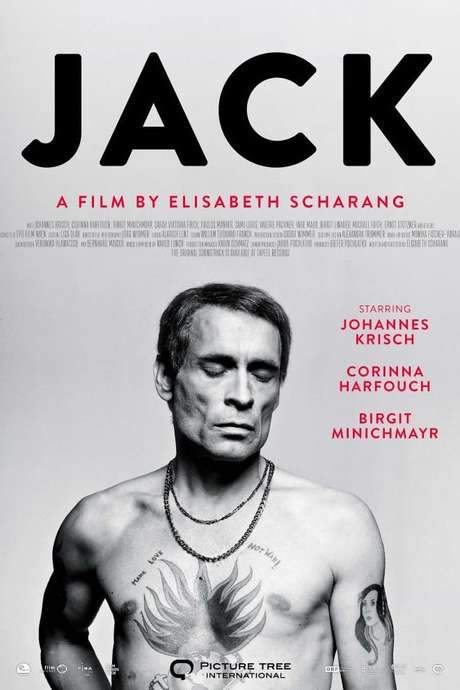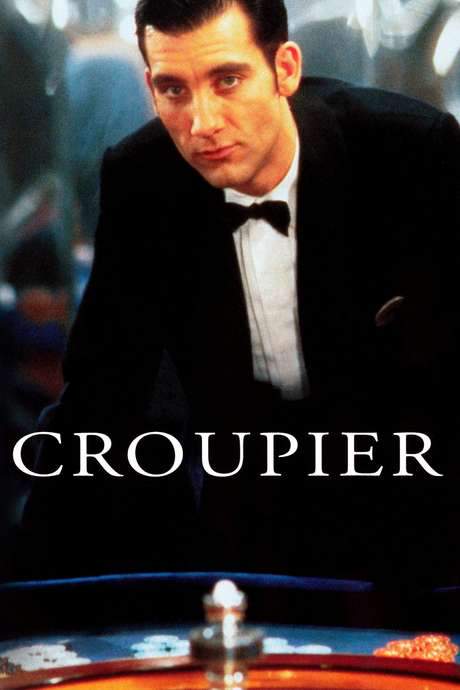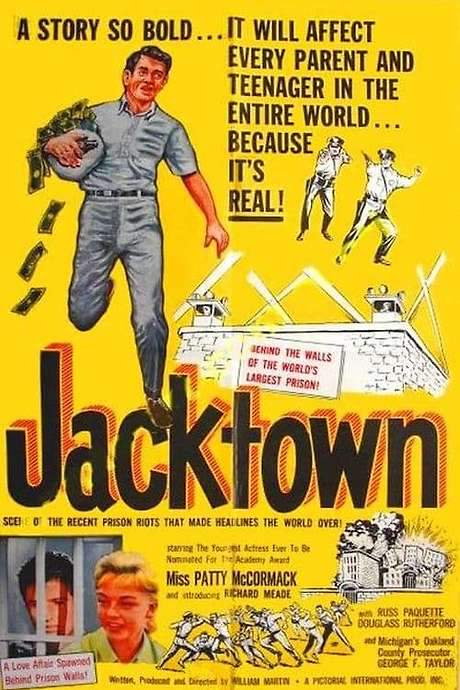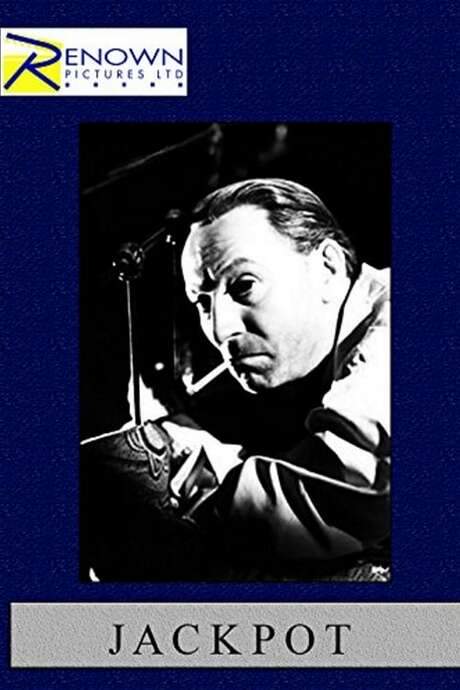Casino Jack 2010

This film recounts the shocking true story of lobbyist Jack Abramoff and his partner Michael Scanlon. Together, they exploit their connections to gain wealth and influence, trading political favors for personal profit. Their increasingly daring schemes attract unwanted attention, leading them into a dangerous world of murder, mafia connections, and widespread scandal that reverberates throughout Washington D.C. and beyond.
Does Casino Jack have end credit scenes?
No!
Casino Jack does not have end credit scenes. You can leave when the credits roll.
Meet the Full Cast and Actors of Casino Jack
Explore the complete cast of Casino Jack, including both lead and supporting actors. Learn who plays each character, discover their past roles and achievements, and find out what makes this ensemble cast stand out in the world of film and television.
External Links and Streaming Options
Discover where to watch Casino Jack online, including streaming platforms, rental options, and official sources. Compare reviews, ratings, and in-depth movie information across sites like IMDb, TMDb, Wikipedia or Rotten Tomatoes.
Ratings and Reviews for Casino Jack
See how Casino Jack is rated across major platforms like IMDb, Metacritic, and TMDb. Compare audience scores and critic reviews to understand where Casino Jack stands among top-rated movies in its genre.

51
Metascore
5.1
User Score

6.2 /10
IMDb Rating

58
%
User Score
Take the Ultimate Casino Jack Movie Quiz
Challenge your knowledge of Casino Jack with this fun and interactive movie quiz. Test yourself on key plot points, iconic characters, hidden details, and memorable moments to see how well you really know the film.
Casino Jack Quiz: Test your knowledge on the film Casino Jack and the events surrounding Jack Abramoff's political corruption.
Who plays the lead role of Jack Abramoff in Casino Jack?
Kevin Spacey
Al Pacino
Johnny Depp
Robert De Niro
Show hint
Full Plot Summary and Ending Explained for Casino Jack
Read the complete plot summary of Casino Jack, including all major events, twists, and the full ending explained in detail. Explore key characters, themes, hidden meanings, and everything you need to understand the story from beginning to end.
The film delves into the tumultuous life of Washington, D.C. lobbyist and businessman Jack Abramoff, portrayed by Kevin Spacey. He becomes entangled in a sprawling corruption scandal that ultimately results in his own conviction, alongside two White House officials, Representative Bob Ney, and nine additional lobbyists and congressional staffers.
Setting the stage two years prior to the indictment, we see Jack as a licensed lobbyist, adept at maneuvering through the complex web of political influence. His role allows him to legally accept funds from special interest groups to sway lawmakers in D.C. towards particular legislation. For instance, Jack secures funding from a garment manufacturer aiming to relax minimum wage standards in the U.S. governed Mariana Islands, thereby reducing production costs.
However, there are strict legal limitations on the amount a lobbyist can receive from a client. Undeterred, Jack approaches the chief of the Indian Chippawa tribe with an extravagant $30 million proposal aimed at thwarting a rival tribe’s casino ambitions—an arrangement made clandestinely, unbeknownst to his firm. When the tribe’s selection committee dismisses his proposal due to its exorbitant fees, Jack’s ambitions seem thwarted.
In his quest for capital, Jack discovers an offshore gambling entity on the brink of Chapter 11 bankruptcy, whose owner, Gus, is desperate for a buyer due to his non-U.S. citizen status that jeopardizes his gambling license. Jack intends to use the Chippawa tribe’s $30 million as a down payment for the failing SunSail Casino.
His partner, Michael Scanlon, travels to Florida with a lowball offer of 20 cents on the dollar to Gus, who is understandably insulted and refuses to engage. In a manipulative twist, Jack leverages his political connections, including Senate ally Robert Key, to introduce legislation that particularly impacts SunSail, hoping to gain the upper hand.
When Jack’s boss uncovers his dubious intentions to personally acquire the casino, he is immediately terminated for breaching ethical policies. In a last-ditch effort to keep his plan under wraps, Jack collaborates with Adam— a disbarred businessman with a history of troubles— to hide the acquisition from his employers. Adam, however, makes it clear that Gus has his own agenda: selling the casino while maintaining control, a legal impossibility.
As Jack and Michael navigate their new firm, they resort to illicit payments to Gus, maneuvering through voting manipulations in the Chippawa tribe elections to secure their hefty fee. However, things unravel as Bernie—the former tribal chairman who opposed Jack—is made aware of Jack’s misappropriation of funds, which he used to open a restaurant rather than fulfilling his promises to the tribe.
Personal lives intercede when Michael’s infidelity is discovered by his wife, prompting her to blow the whistle to both the FBI and the Washington Post. The stakes escalate as Gus pressures Adam to secure jobs for his family members at SunSail and engages in intimidating behavior. The plot thickens with Adam leveraging his connections to eliminate Gus, raising suspicions about Jack’s involvement in Gus’s demise.
As the explosive story unfolds, former political allies of Jack quickly distance themselves from him, leading to his dismissal from the firm. He faces a monumental lawsuit of $70 million from the Indian tribes for fraud. The Senate Indian Committee, chaired by John McCain—a man Jack had previously undermined in a presidential race—kicks off an inquiry into Jack’s dealings.
In a twist of fate, Michael agrees to cooperate with the FBI, leaving Jack scrambling for a deal that comes too late. In 2006, Jack Abramoff faces convictions for fraud, conspiracy, and tax evasion, trading high-value gifts, extravagant meals, and sports trips for political favors. Ultimately, he spends three and a half years in federal prison, followed by a stint at a halfway house, before receiving his release on December 3, 2010.
Uncover the Details: Timeline, Characters, Themes, and Beyond!

Coming soon on iOS and Android
The Plot Explained Mobile App
From blockbusters to hidden gems — dive into movie stories anytime, anywhere. Save your favorites, discover plots faster, and never miss a twist again.
Sign up to be the first to know when we launch. Your email stays private — always.
Watch Trailers, Clips & Behind-the-Scenes for Casino Jack
Watch official trailers, exclusive clips, cast interviews, and behind-the-scenes footage from Casino Jack. Dive deeper into the making of the film, its standout moments, and key production insights.
Cars Featured in Casino Jack
Explore all cars featured in Casino Jack, including their makes, models, scenes they appear in, and their significance to the plot. A must-read for car enthusiasts and movie buffs alike.
Casino Jack Themes and Keywords
Discover the central themes, ideas, and keywords that define the movie’s story, tone, and message. Analyze the film’s deeper meanings, genre influences, and recurring concepts.
Casino Jack Other Names and Titles
Explore the various alternative titles, translations, and other names used for Casino Jack across different regions and languages. Understand how the film is marketed and recognized worldwide.
Similar Movies To Casino Jack You Should Know About
Browse a curated list of movies similar in genre, tone, characters, or story structure. Discover new titles like the one you're watching, perfect for fans of related plots, vibes, or cinematic styles.
Quick Links: Summary, Cast, Ratings, More

What's After the Movie?
Not sure whether to stay after the credits? Find out!
Explore Our Movie Platform
New Movie Releases (2025)
Famous Movie Actors
Top Film Production Studios
Movie Plot Summaries & Endings
Major Movie Awards & Winners
Best Concert Films & Music Documentaries
Movie Collections and Curated Lists
© 2025 What's After the Movie. All rights reserved.






